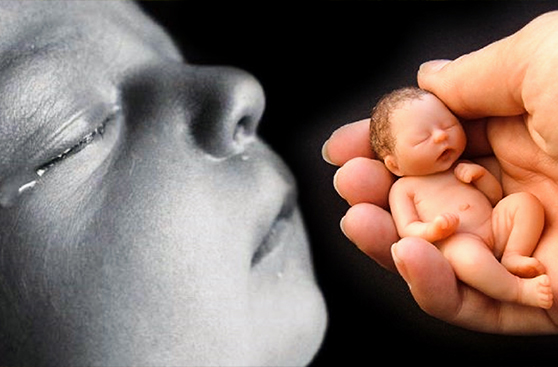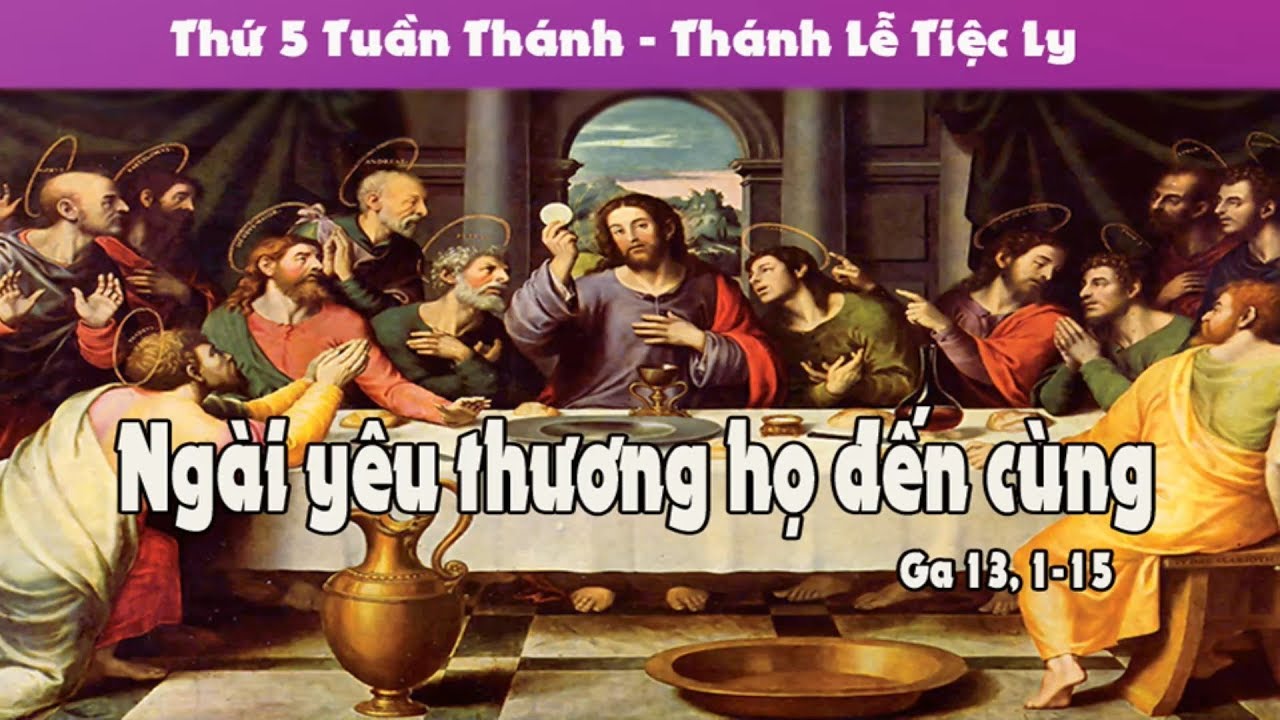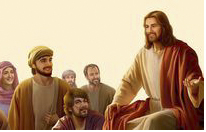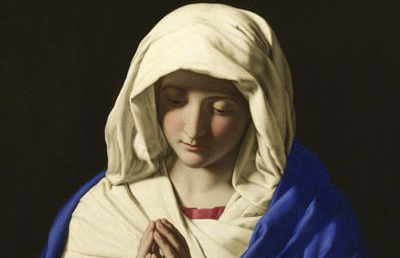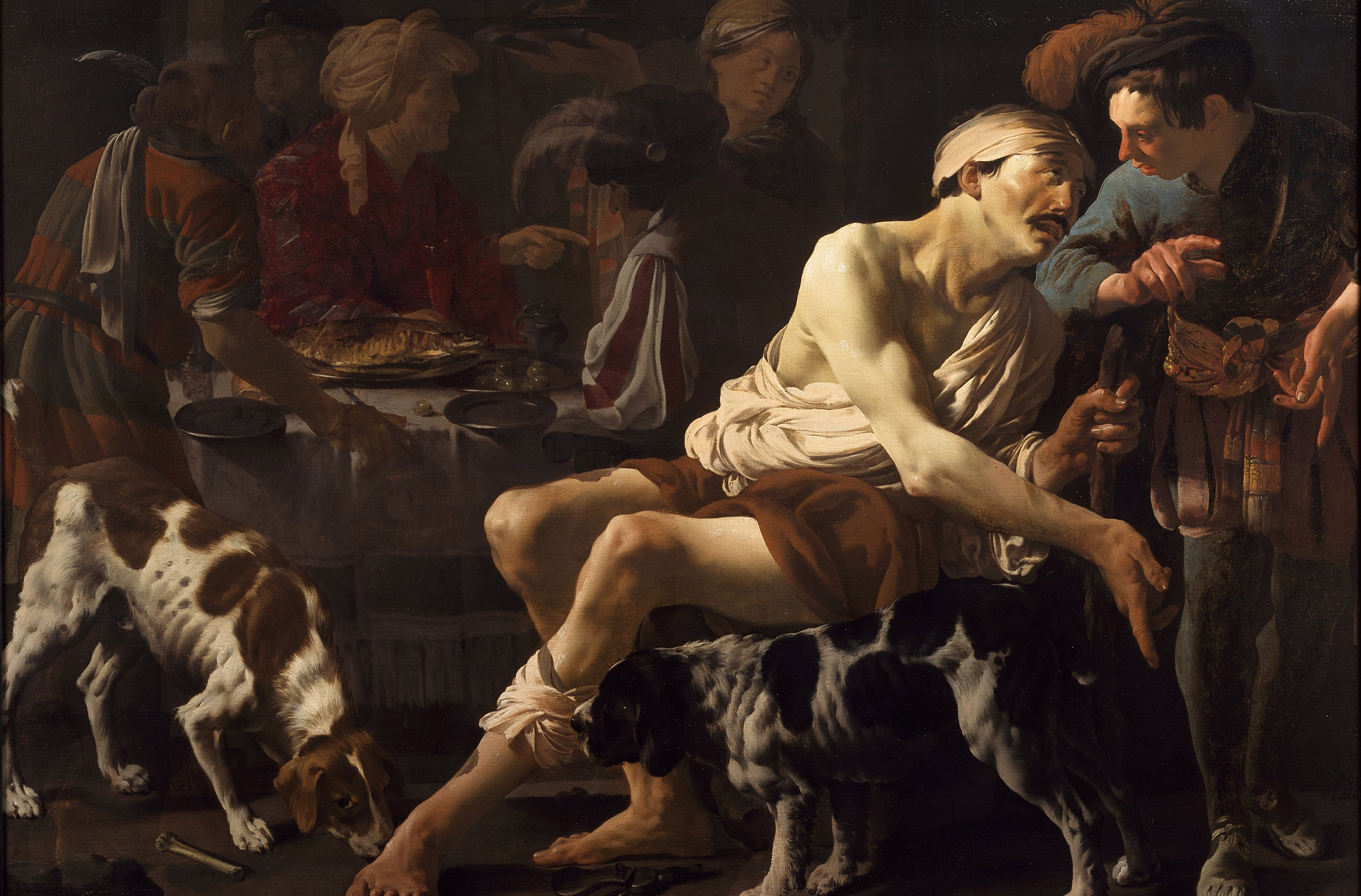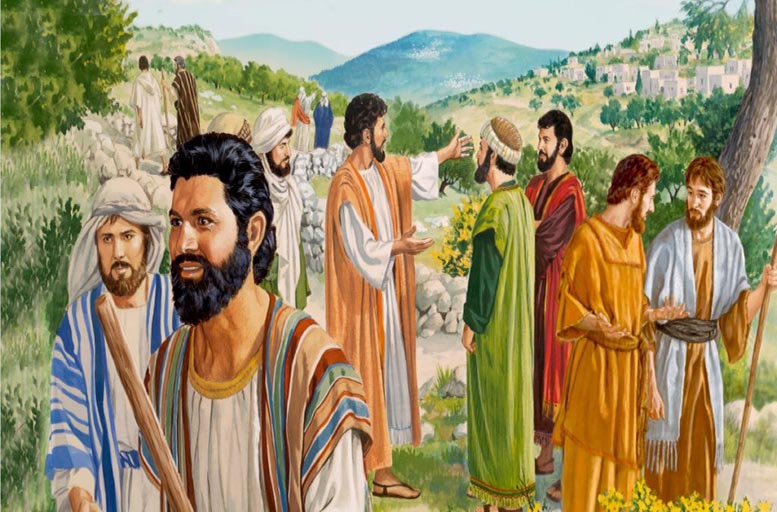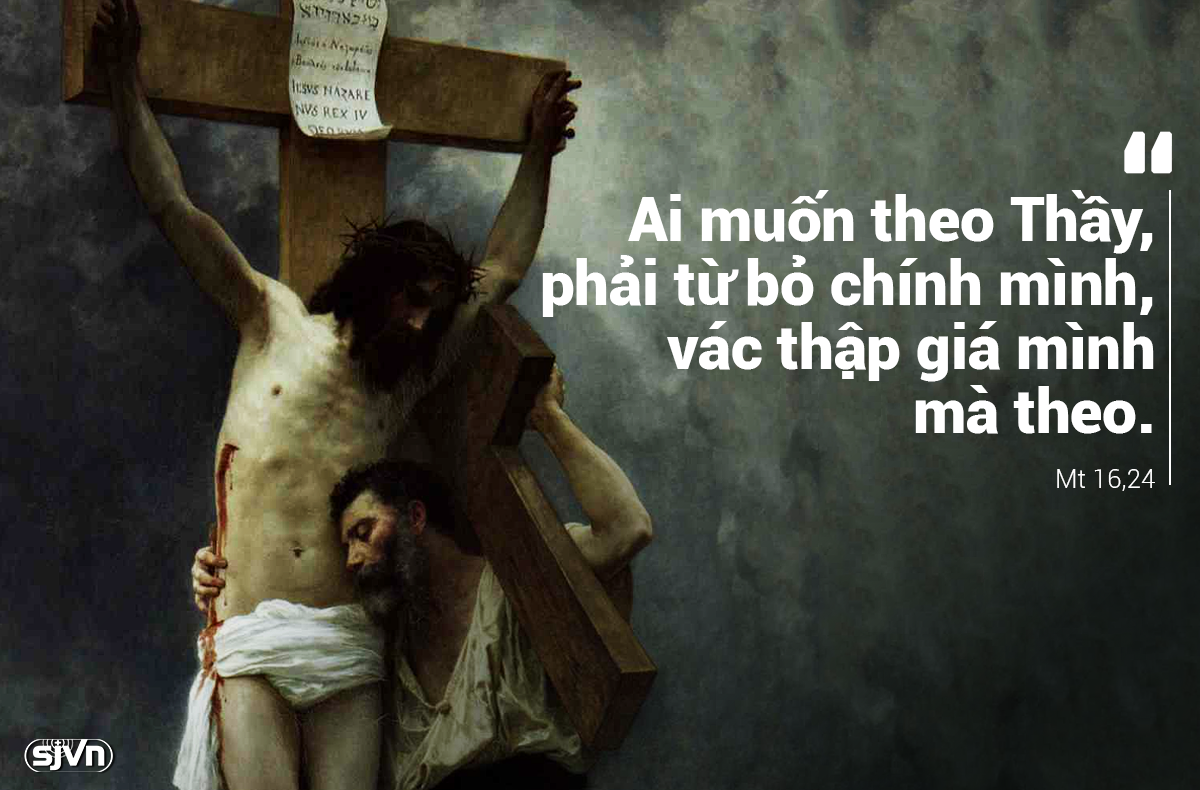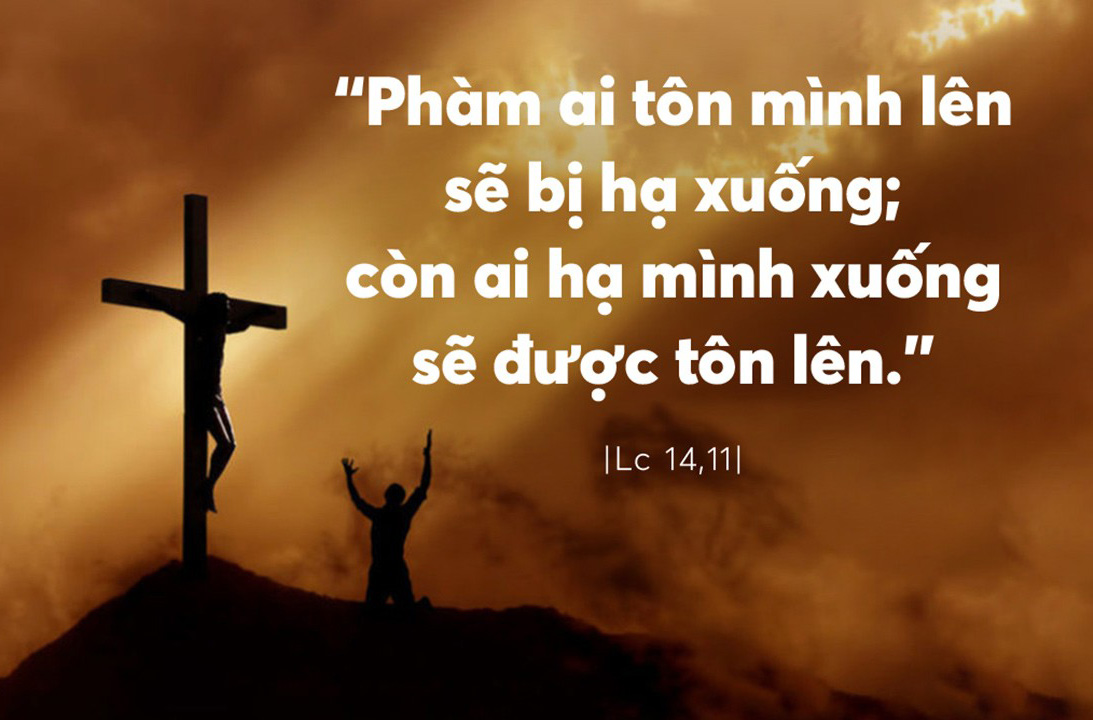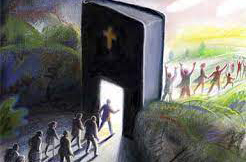Reflection
4th Sunday of Lent | Year A
John 9:1-41
As Jesus went along, he saw a man who had been blind from birth. His disciples asked him, ‘Rabbi, who sinned, this man or his parents, for him to have been born blind?’ ‘Neither he nor his parents sinned,’ Jesus answered ‘he was born blind so that the works of God might be displayed in him.
‘As long as the day lastsI must carry out the work of the one who sent me;the night will soon be here when no one can work.As long as I am in the worldI am the light of the world.’
Having said this, he spat on the ground, made a paste with the spittle, put this over the eyes of the blind man, and said to him, ‘Go and wash in the Pool of Siloam’ (a name that means ‘sent’). So the blind man went off and washed himself, and came away with his sight restored.
His neighbours and people who earlier had seen him begging said, ‘Isn’t this the man who used to sit and beg?’ Some said, ‘Yes, it is the same one.’ Others said, ‘No, he only looks like him.’ The man himself said, ‘I am the man.’ So they said to him, ‘Then how do your eyes come to be open?’ ‘The man called Jesus’ he answered ‘made a paste, daubed my eyes with it and said to me, “Go and wash at Siloam”; so I went, and when I washed I could see.’ They asked, ‘Where is he?’ ‘I don’t know’ he answered.
They brought the man who had been blind to the Pharisees. It had been a sabbath day when Jesus made the paste and opened the man’s eyes, so when the Pharisees asked him how he had come to see, he said, ‘He put a paste on my eyes, and I washed, and I can see.’ Then some of the Pharisees said, ‘This man cannot be from God: he does not keep the sabbath.’ Others said, ‘How could a sinner produce signs like this?’ And there was disagreement among them. So they spoke to the blind man again, ‘What have you to say about him yourself, now that he has opened your eyes?’ ‘He is a prophet’ replied the man. However, the Jews would not believe that the man had been blind and had gained his sight, without first sending for his parents and asking them, ‘Is this man really your son who you say was born blind? If so, how is it that he is now able to see?’ His parents answered, ‘We know he is our son and we know he was born blind, but we do not know how it is that he can see now, or who opened his eyes. He is old enough: let him speak for himself.’ His parents spoke like this out of fear of the Jews, who had already agreed to expel from the synagogue anyone who should acknowledge Jesus as the Christ. This was why his parents said, ‘He is old enough; ask him.’
So the Jews again sent for the man and said to him, ‘Give glory to God! For our part, we know that this man is a sinner.’ The man answered, ‘I don’t know if he is a sinner; I only know that I was blind and now I can see.’ They said to him, ‘What did he do to you? How did he open your eyes?’ He replied, ‘I have told you once and you wouldn’t listen. Why do you want to hear it all again? Do you want to become his disciples too?’ At this they hurled abuse at him: ‘You can be his disciple,’ they said ‘we are disciples of Moses: we know that God spoke to Moses, but as for this man, we do not know where he comes from.’ The man replied, ‘Now here is an astonishing thing! He has opened my eyes, and you don’t know where he comes from! We know that God doesn’t listen to sinners, but God does listen to men who are devout and do his will. Ever since the world began it is unheard of for anyone to open the eyes of a man who was born blind; if this man were not from God, he couldn’t do a thing.’ ‘Are you trying to teach us,’ they replied ‘and you a sinner through and through, since you were born!’ And they drove him away.
Jesus heard they had driven him away, and when he found him he said to him, ‘Do you believe in the Son of Man?’ ‘Sir,’ the man replied ‘tell me who he is so that I may believe in him.’ Jesus said, ‘You are looking at him; he is speaking to you.’ The man said, ‘Lord, I believe’, and worshipped him.
Jesus said:‘It is for judgementthat I have come into this world,so that those without sight may seeand those with sight turn blind.’Hearing this, some Pharisees who were present said to him, ‘We are not blind, surely?’ Jesus replied:‘Blind? If you were,you would not be guilty,but since you say, “We see,”your guilt remains. Reflection
It must have been a very confusing and emotional day for the blind man. He saw for the first time ever as he had been blind since birth, so there was a huge new sensory and experience occurring for him. He would have been trying to make sense of the world he saw, and to relate it to his pre-sight knowledge. Words he knew now needed to be connected to objects and to people. How would he have reacted to seeing colours for the first time? Or the sun?
While all this was happening, people began to hassle him and to try to use his experience as a means of incriminating Jesus. He also found that being sighted did not remove the sinner status that went with blindness in people’s minds. They drove him away, so some experiences were all too familiar.
Exposure to a completely new situation or experience is often disorientating. It can often disable coping strategies which have served us well in more normal situations. A new situation can be profoundly hurtful, such as the unfaithfulness of a partner or losing a long-held job. A new situation can also be positive and potentially beneficial, such as falling in love or winning Lotto or experiencing unanticipated goodness or insight. The blind man experienced both on the same day, being given the gift of his sight followed by being driven away by his neighbours.
The disorientation which new situations can produce can lead us temporarily to act out of character, and possibly in ways we will later regret. Steadying ourselves in a new situation is vital if we are to make sense of what has happened, and to respond in ways which are aligned with our values and beliefs and which help us and others long-term. The blind man had instantly acquired an unshakeable belief in Jesus and this was his anchor when he was being pushed around by other people.
What can be an anchor in a disorientating situation? Another person can fill this role, but often that is not sufficient by itself. We also need to use our own inner resources. Recalling what we believe; a simple listing of achievements, milestones in life, loved ones; remembering moments when we have known joy or triumphed over adversity – these all help us re-establish our sense of self-worth and direction.
Remember too what the story says about Jesus when he heard the man had been driven away: “He found him”. Sometimes in a time of disorientation the most important thing is do is to stay still and allow Jesus to find us.
The List of Contributions Received by Caritas Vietnam
1. The list of 2024 contributions to the Caritas Vietnam general charity fund
2. The list of 2023 contributions to the Caritas Vietnam general charity fund
Latest project information
Copyright © 2018 by COMMISSION on CHARITY and SOCIAL ACTIONS - CARITAS VIETNAM
Total visits: 24,897,005


